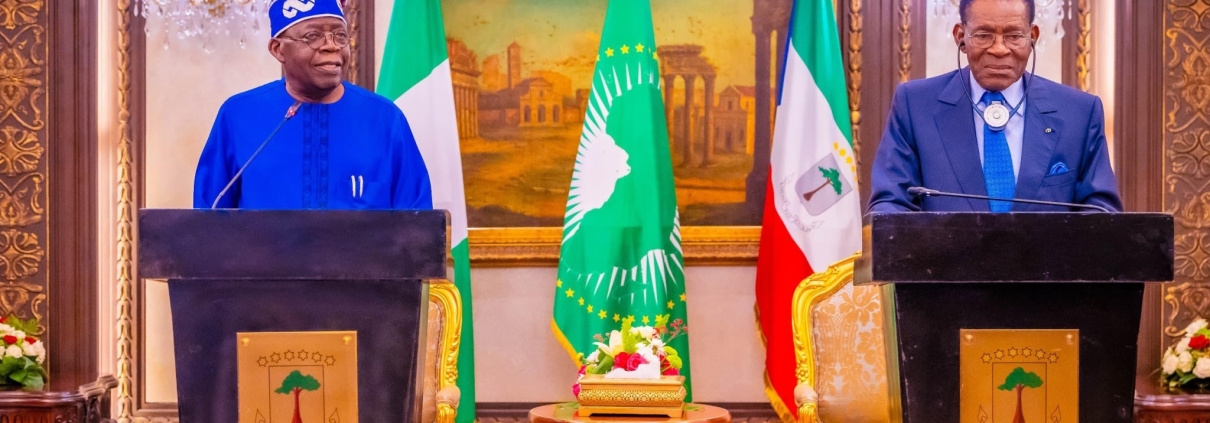Proposed Gulf of Guinea Pipeline – Challenges and Opportunities
The recently signed agreement between Nigeria and Equatorial Guinea to develop a gas pipeline between the two countries offers significant economic and social development opportunities. The pipeline will enhance the regional network, connecting Equatorial Guinea to the West African Gas Pipeline (WAGP) and proposed international trans-Saharan pipelines and moreover will allow surplus Nigerian gas to support industrial growth in Equatorial Guinea. It was reported that this could be the precursor to a recent initiative to build pipelines across the Gulf of Guinea region, linking littoral and inland nations to promote hydrocarbon usage and help industrialise the continent.
In Nigeria, previously proposed pipelines have faced strong opposition, particularly from Niger Delta communities who feel marginalized and who are often forced to endure energy poverty, with no mains electricity, while “their” gas is exported. This resentment has previously led to threats of attacks on pipelines, reflecting the region’s deep-seated frustrations. Recent examples include Niger Delta militants threatening to blow up gas pipelines exporting gas from the region to Lagos State and the Dangote refinery during its construction). These threats never materialised, but in July 2024 a group calling itself Host Communities of Nigeria Producing Oil and Gas (HOSTCOM) warned of renewed agitation if the Nigerian National Petroleum Corporation (NNPC) and International Oil Companies (IOCs) do not address local demands.
While this specifically applies to crude oil, it illustrates how the population regards itself as a serious stakeholder in the country’s oil and gas sector. Exporting gas to another country could magnify this resentment and lead to attacks on associated infrastructure in onshore areas of the Niger Delta as well as lead to protest and unrest in coastal communities disrupted or displaced to make way for the onshore infrastructure for the pipeline.
Local companies available to build the pipeline will be keen to ensure they win a share of the contracts worth millions of dollars, however these contract awards can also attract risk in the region, with corruption and nepotism frequently triggering incidents in order to influence or in response to the outcome. In October 2023, the Reformed Niger Delta Avengers (RNDA) threatened to resume attacks on oil pipelines, accusing the NNPC of side-tracking indigenous Niger Delta contractors. In another example, the sub-sea pipeline linking Exxon’s offshore operations off the coast of Akwa Ibom State was damaged mid-July 2016, causing a force majeure lasting several months. It was subsequently revealed that the line had been attacked with explosives, although this was never acknowledged by the company.
While the project is still in its infancy at this stage, it has the potential to bring huge benefits to the region, but not without risks largely tied to longstanding grievances over resource control, displacement, and exclusion from the benefits of oil and gas projects over many years. Community collaboration and outreach will be crucial to minimise these issues and prevent protest, sabotage or targeted attacks.


